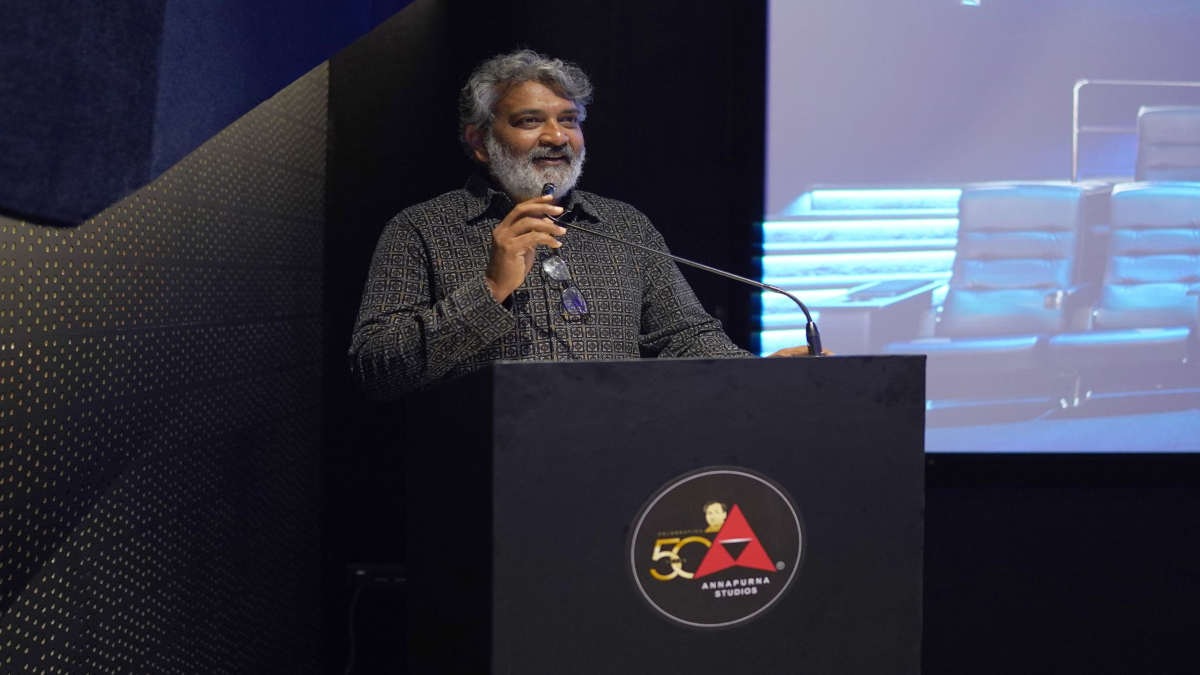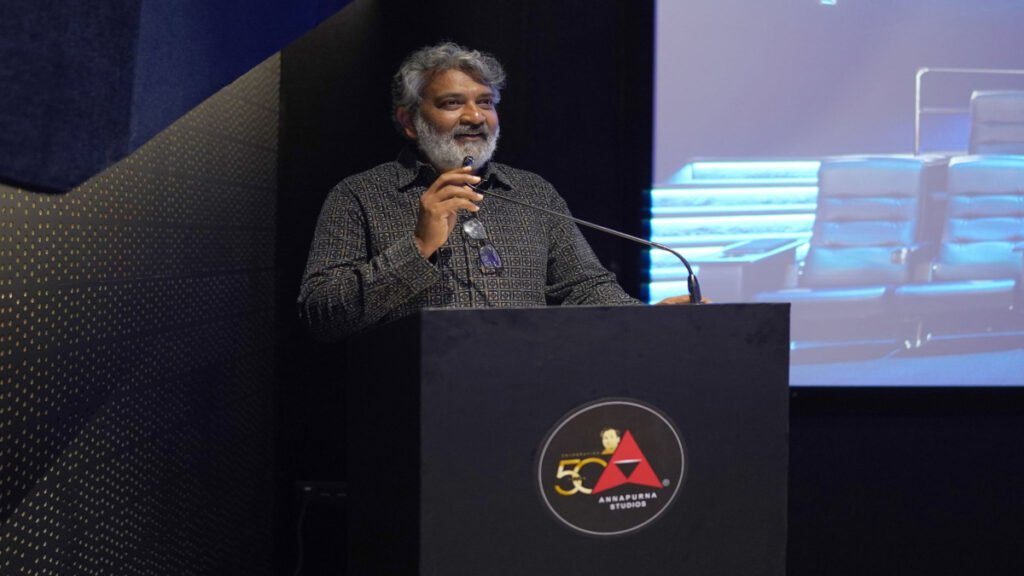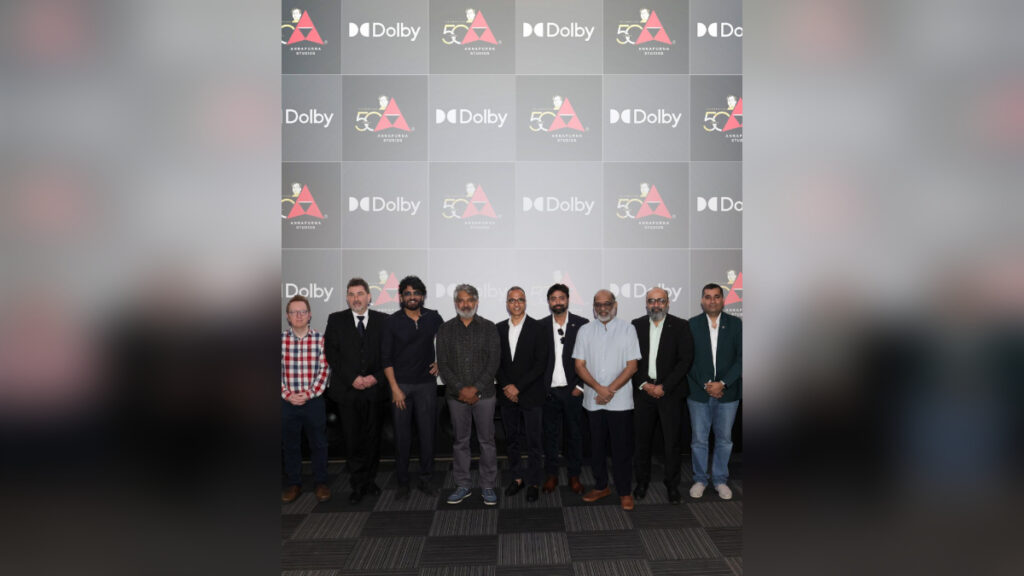Director SS Rajamouli inaugurated India’s first-ever Dolby certified post-production facility for cinema and home at the Annapurna Studios. It is a film production and distribution company in Hyderabad, India. It offers a range of production and post-production services, including sound stages, editing, and visual effects. The studio is also home to the Annapurna College of Film and Media, a non-profit educational institution.
The Dolby-certified facility is a pivotal initiative aimed at raising the audio-visual quality of the Indian cinema, which will provide an advanced platform for filmmakers to craft films that meet international benchmarks. The collaboration between Annapurna Studios and Dolby reflects the unwavering commitment for innovation and enhancing the quality of Indian cinema.
Annapurna Studios vice president and actor Nagarjuna Akkineni commented, “From being a pioneer in virtual production to now housing the country’s first Dolby certified post-production facility for cinema and home, the attempt has always been to put Indian films on the map. As Annapurna Studios celebrates its 50th year, this collaboration with Dolby is a testament to that vision. At Annapurna, our legacy has been to embrace change and innovation, and this is another step forward in that journey.”
During the inauguration a special footage of the film RRR was screened in Dolby Vision and Dolby Atmos. During the inauguration director Rajamouli said, “During the time of RRR, when we wanted to grade the film in Dolby Vision, we had to travel all the way to Germany. It was a bit disheartening that I couldn’t experience my film in Dolby Vision within my own country. But today, I’m thrilled to see a Dolby Vision grading facility right here at Annapurna Studios. I can’t wait for audiences to experience it!”
Annapurna Studios executive producer Supriya Yarlagadda mentioned the importance of the facility’s roles to help filmmakers create more technically advanced films driving into a new era of Indian cinema.



